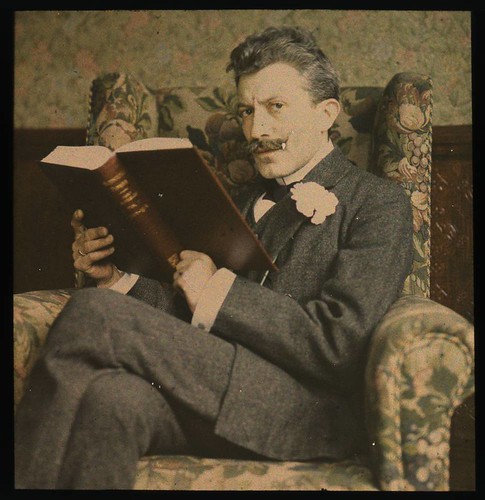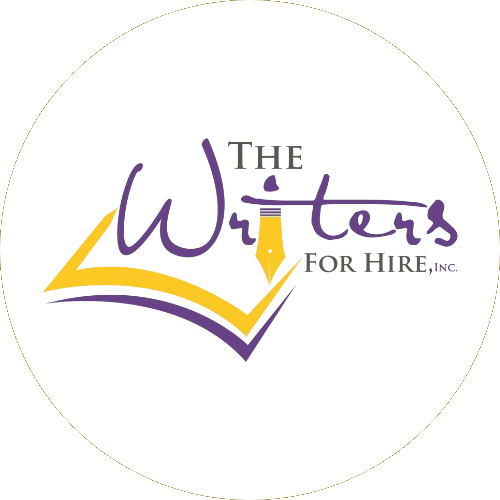Books for Writers: Six Books to Inspire and Inform
January 7, 2010
Need a creative boost? A good laugh? A few style pointers?
Maybe you’re into science fiction or mysteries. Perhaps you prefer nonfiction or graphic novels or biographies. Or fantasy novels. But whatever you’re into, if you’re a writer, you probably love books about writing. This week, I thought I’d share a few of my recent favorites. I’ve put together a list of six books about writing, from grammar to writing prompts to random musings by successful writers. Enjoy!
1. Eats, Shoots & Leaves by Lynne Truss. Chances are, you’ve read this (it was pretty popular when it was released a few years ago – surprising for a grammar book), but it’s always worth a second look. If you haven’t you’re missing out – it’s hilarious. Truss, a self-professed grammar stickler, turns a potentially dry subject into a fun and engaging read.
2. A Writer’s Book of Days by Judy Reeves. I’ll be honest. Sometimes, after a full day of writing stuff for other people, I’m tapped out, creativity-wise. This book features 365 days’ worth of writing prompts to help you overcome bouts of writer’s block.
3. On Writing, by Stephen King. The master of horror (and I’ll admit, one of my early favorites) writes an engaging book about his life as a writer. One of my favorite parts of this book: King walks you through a full edit of the short story “1408” and explains why he made certain changes or deletions – very, very cool.
4. Bird by Bird by Anne Lamott. Another book of great advice from one writer to another. I’d never read anything by Lamott before I read this, but I like her conversational, approachable style.
5. The Mother Tongue: English and How it Got That Way by Bill Bryson. A must for word nerds. Bryson explores the English language from its early development to modern slang. This book was so fun and interesting that I read it in one sitting.
6. How Not to Write a Novel by Howard Mittlemark and Sandra Newman. In this tongue-in-cheek guide, Mittlemark and Newman tackle some of the biggest novel writing errors (200 of them, to be exact), including the lack of a plot, too many (or too few) characters, choosing the right point of view, and more. The examples are hilarious; this book is worth a read even if you’re not planning to write a novel anytime soon.
So, do you have any favorite books on writing? I’d love to add to my list.
































